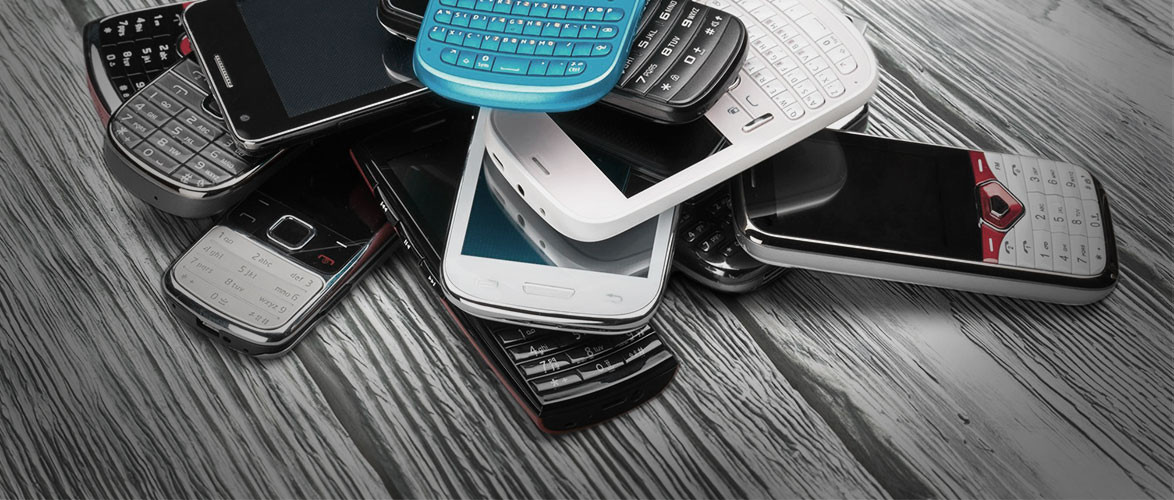Make a good call
There’s been a large cardboard box lurking in the entrance foyer of our offices since Monday 4 December. We’ve been encouraging everyone to make a good call and donate their old phones to for a good cause.
Old mobile phones are made with precious metals, copper and plastics, all of which can be recycled to make new products. Working mobile phones can be refurbished and reused.
On average, consumers use mobile phones for two years before replacing them. But what happens to all those old phones once we’ve upgraded to the latest model? Currently it’s estimated that only 7% of them are properly disposed of. In 2012, the total stock of unused phones in Europe was estimated to be 1.6 billion. That number is projected to double to 3.2 billion by 2020.
Every Christmas, Hitradio Ö3, Austria’s biggest radio station publicises a charity event called the Ö3-Wundertüte (miracle bag) to raise money for families in need. By collecting old mobile phones and recycling and converting them into cash, Ö3 and the Austrian Postal Service, Caritas, Licht ins Dunkel (Light into the dark – an annual charity telethon), and Mondi, a paper and packaging supplier, have raised some 6.5 million euros since 2005. The event is called the Ö3-Wundertüte because of the distinct red collection bags used to collect the phones. Around 450,000 old phones are collected every year.
Caritas collects and recycles the phones and herewith creates new jobs and chances for people with limited access opportunities and employs about twelve people.
The Ö3-Wundertüte is Europe’s largest mobile phone collection project.
Each mobile phone gets converted on average into a donation of 1 euro 50 cents for families in need. The money goes to thousands of families with children in difficult social situations who are finding it hard to make ends meet. This might take the form of emergency social loans to pay the rent or heating, financial assistance in the event of a death in the family, food vouchers or paying for disabled home help. Although these are mainly emergency measures, the project aims to support families in stabilising their situation, to recover and develop a long-term perspective. As well as individuals, a large number of companies take part in the scheme by organising central collection points, so we decided to take part, too.



